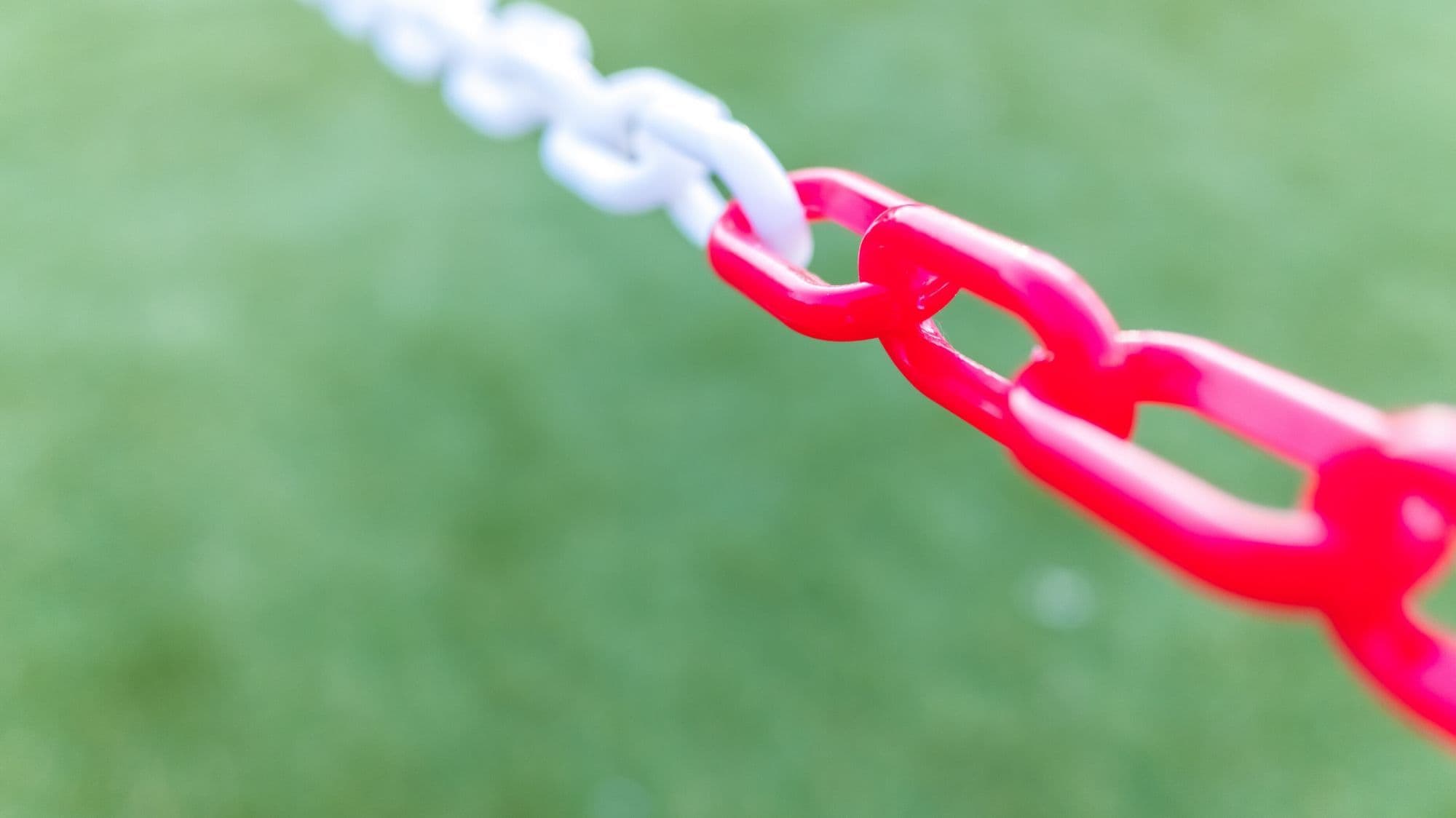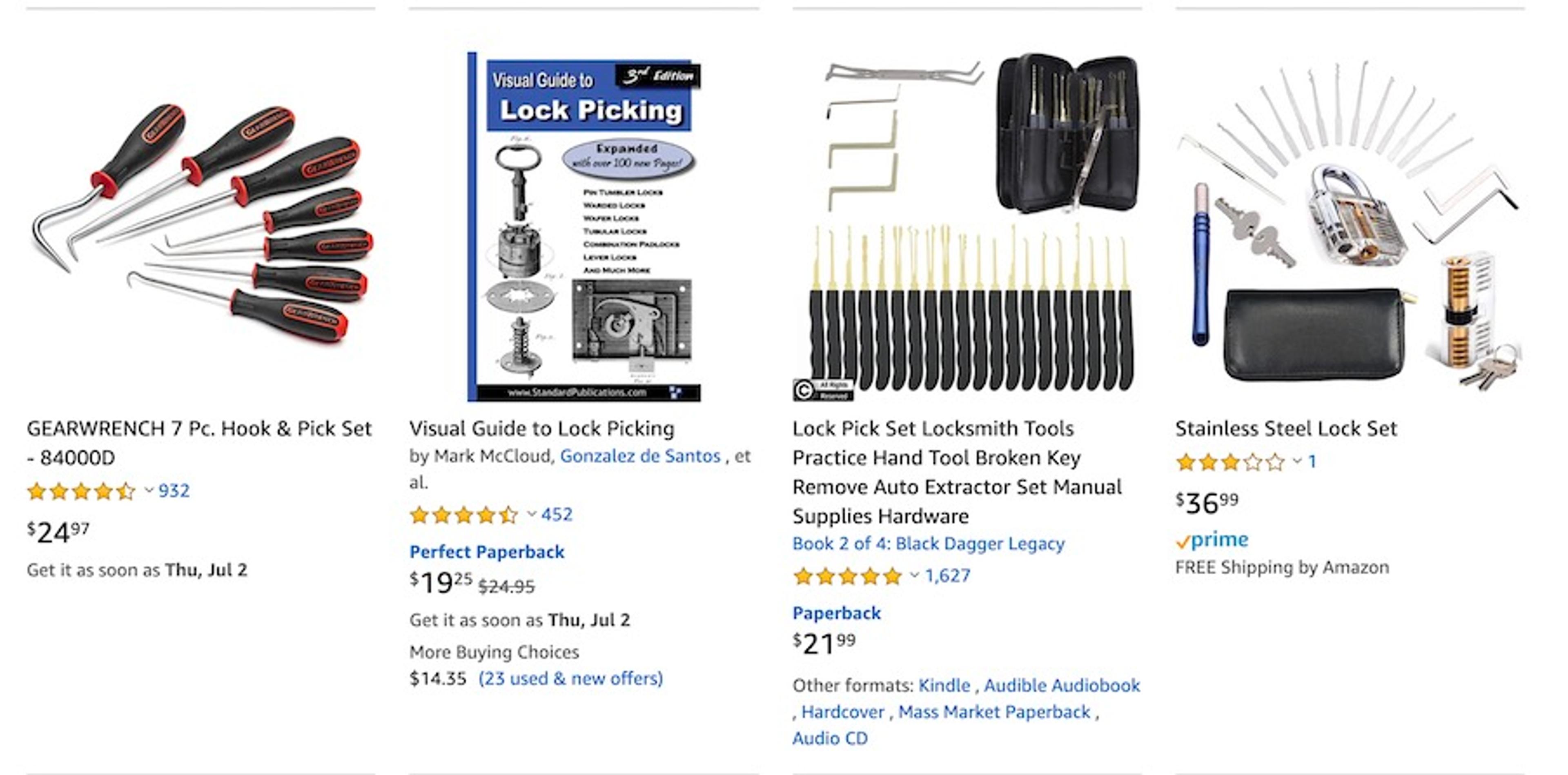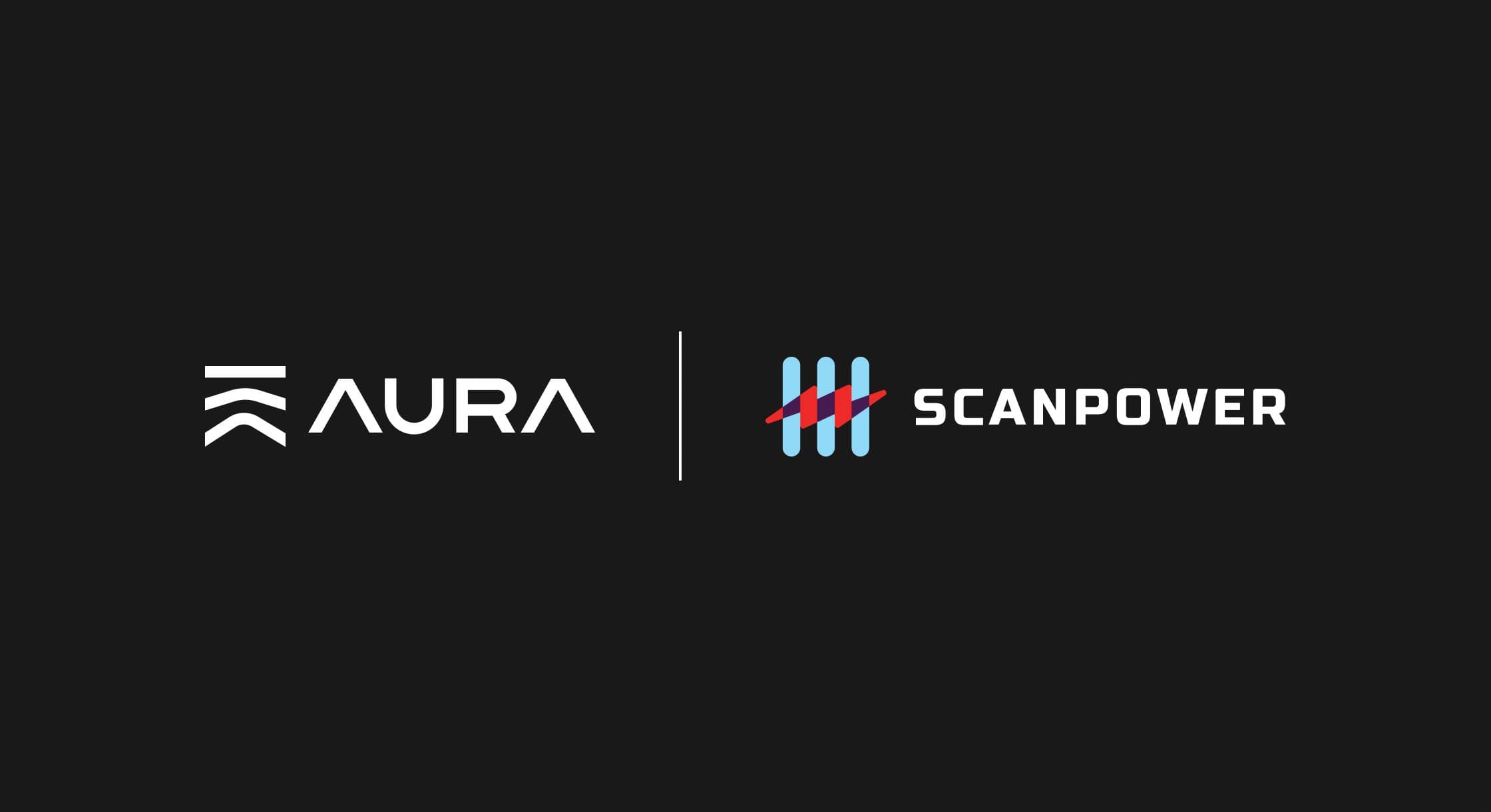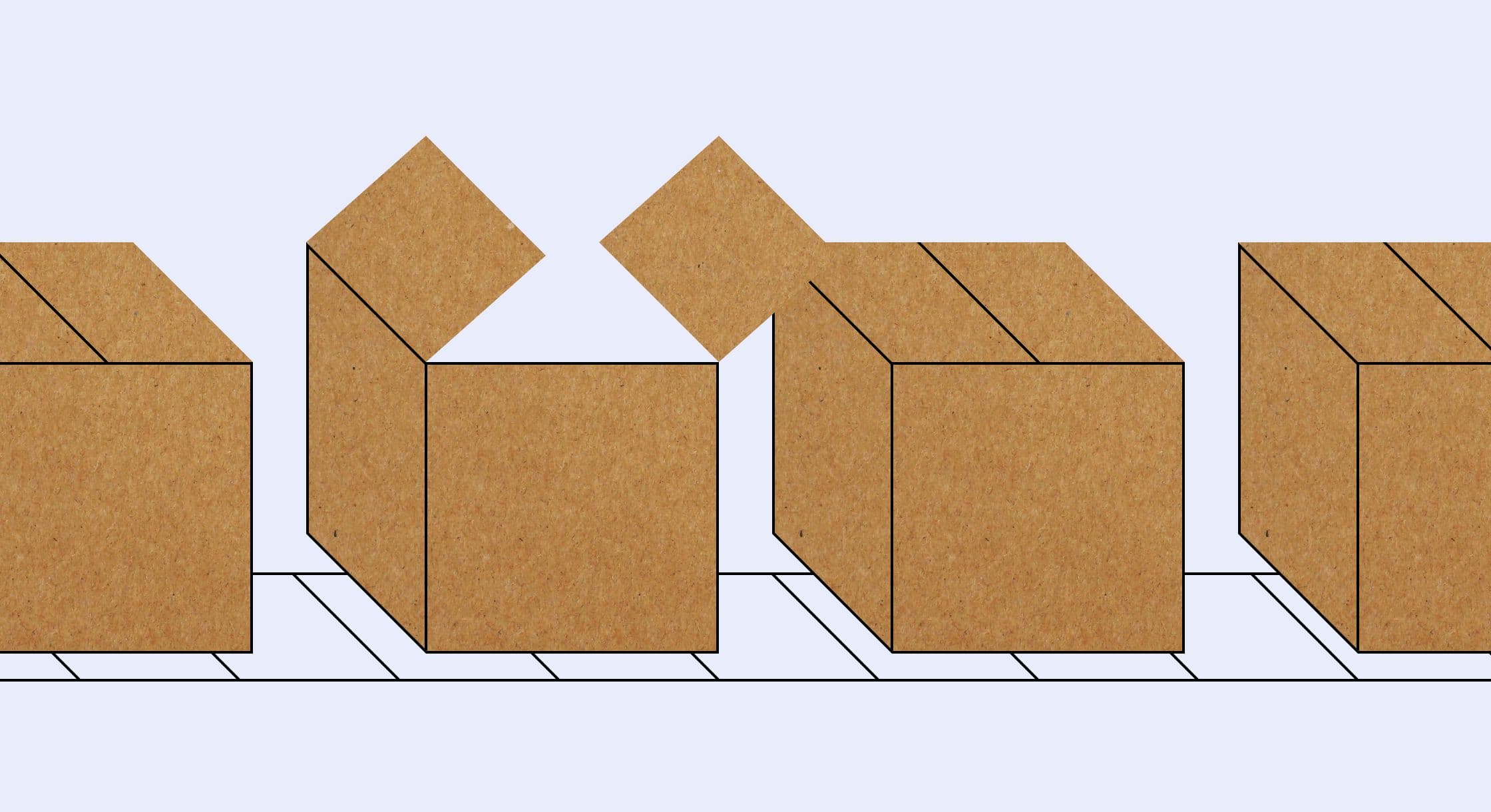/Guide to Navigating Amazon Restricted Products

Guide to Navigating Amazon Restricted Products
On your search to finding products to sell on Amazon, there are a few caveats you need to be aware of. Amazon restricts the sale of certain brands and categories as well as certain products as a whole. This can affect you in a multitude of ways and it is important you understand these implications. Having an understanding of these restrictions will allow you to navigate your way around Amazon Restricted Products.
Why are there Amazon Restricted Products?
Amazon’s first concern is to maintain “buyer confidence.” They do this by limiting the types of products that are sold and managing the type of sellers that can sell those products.
As a result of these restrictions, sellers must be aware and complete due diligence before onboarding a new product. I have heard many horror stories of beginners selling products without appropriate research. It is troubling to find out that you cannot sell a product after investing thousands of dollars.
Amazon wants to avoid the issues that are present with selling unsafe, dangerous, or illegal products. It could pose a large liability for Amazon, its sellers, and customers. The best way for Amazon to avoid these implications is to place restrictions on certain criteria.
How Amazon Restricted Products Affects You
As seen, Amazon will either completely restrict the product or restrict the type of seller who can sell that product.
Although certain products may be restricted; oftentimes, one can gain permission and sell them on the platform. Furthermore, Amazon has a list of restricted products that make it very difficult and even impossible to sell certain products.
List of Amazon Restricted Products
Depending on your geographical location, these restrictions will impact you differently. If you are selling products in the United Kingdom, your list of restricted products is considerably less.
On the other hand, The restrictions for sellers in the United States are more substantial.
There are two types of restrictions:
- 100% Prohibited Products that are not allowed on Amazon
- Products that require further approval
Products that Require Approval
- Hoverboards and Personal Electronic Mobility (E-Mobility) Devices
- Laser pointers and other laser products
- Software (approval required for some products)
- Holiday Selling Requirements in Toys & Games
- Amazon Watch Warranty FAQs
- Made in Italy
- Video, DVD, & Blu-ray
- Collectible Coins
- Streaming Media Players
- Personal Safety and Household products
How to Apply for Approval:
Oftentimes approval is only four easy steps away. The more seasoned of a seller you are, the more likely you are to get auto-approved. However, sometimes Amazon may ask for extra documentation. Steps are as follows:
From the Inventory menu, select Add a Product.
Search for the item you want to sell.
In the search results, click the Listing limitations apply link next to the item.
Click the Request Approval button to begin the application process.
Products within Categories that are Prohibited
- Alcohol
- Animals & Animal-Related Products
- Art - Fine Art
- Art - Home Decor
- Automotive and Powersports
- Composite Wood Products
- Cosmetics & Skin/Hair Care
- COVID-19 Supplies
- Currency, Coins, Cash Equivalents, and Gift Cards
- Dietary Supplements
- Drugs & drug paraphernalia
- Electronics
- Explosives, Weapons, and Related Items
- Export Controls
- Food & Beverage
- Gambling & Lottery
- Hazardous and Dangerous Items
- Human Parts & Burial Artifacts
- Jewelry & Precious Gems
- Laser products
- Lighting
- Lock Picking & Theft Devices
- Medical devices and accessories
- Offensive and Controversial Materials
- Other Restricted Products
- Pesticides and Pesticide Devices
- Plant and Seed Products
- Postage Meters & Stamps
- Recalled Products
- Recycling electronics
- Refrigerants: Ozone-Depleting Substances and Substitutes
- Sex & Sensuality
- Subscriptions and Periodicals
- Surveillance Equipment
- Tobacco & Tobacco-Related Products
- Upholstered Furniture, Bedding, & Other Quilted Products
- Warranties, Service Plans, Contracts, and Guarantees
- CPAP Cleaning and Disinfecting Devices
It is important to click on each sub-category that may affect you personally. Each type of product comes with its own set of criteria and restrictions. Although no two categories are the same, the process for restrictions and prohibited products are standard.
Examples of Prohibited products and their restrictions:
Alcohol:
The sale of alcohol is prohibited. Sellers cannot sell liquor or beer (even non-alcoholic). However, only wine sold by permitted users is allowed.
Animals and Animal Products:
The sale of pets, livestock, or products made from certain animals is prohibited. However, you can sell shark teeth jewelry and live insects, worms, shrimps, and crabs.
Restriction Work-Around:
Lock Picking and Theft Devices are prohibited on Amazon. However, if you search for it on Amazon, there are results.

Although lock picking tools and Locksmith tools may serve the same purpose, it is not always the deciding factor if it is prohibited. Oftentimes, it is the title or marketing that dictates if a product is eligible or prohibited. Although there are loop-holes, you must be wary of which types of products you list and how far you stretch the rules.
Products that are too far in the gray area can be deemed in violation of Amazon’s terms. If Amazon believes you are in violation, they will send you a notification to your seller account and request you take appropriate action. You must follow Amazon’s instructions or you could be at risk of suspension or account termination.
Important Notices
FBA Product Restrictions
In addition to those products that are restricted to be sold on Amazon, some products may also be blacklisted from the FBA program. There are various reasons why Amazon may blacklist a product from their FBA program:
Meltable FBA Inventory
Products in Amazon fulfillment centers must be able to withstand a minimum of 50 degrees Fahrenheit and a maximum of 120 degrees Fahrenheit. Not only must they withstand the temperature but the quality cannot suffer either.
Eligible meltable products can only be shipped FBA from October 16 to April 30.
At any other time, those same products will be labeled unfulfillable and be disposed of.
FBA Prohibited Products
Items here include alcoholic beverages (including non-alcoholic beer), lanterns, vehicle tires, gift cards or any type of monetary certificate
Expiration Dated Inventory
All products must have an expiration date greater than 90 days. If a product arrives with less than 50 days, the product will be marked for disposal by Amazon.
Dangerous Goods
Click the link above to view all products that may be considered “dangerous” by Amazon.
Examples:
What can be sold in limited quantities is:
- Lithium batteries
- Magnetized material
- Flammable gases
- Non-flammable
- Non-toxic gases
- Flammable liquids
- Flammable solids
- Oxidizers
- Organic peroxides
- Toxic substances
- Corrosive substances
What cannot be sold on Amazon:
- Explosive substances
- Toxic gas
- Substances liable to spontaneous combustion
- Radioactive material
Dangerous Goods Fees
Most dangerous goods are not eligible for FBA; however, if they are, there are additional fees.
Dangerous goods will be charged at two additional rates. First, there will be an additional dangerous goods fulfillment fee. This fee will be applied to goods that contain flammable or pressurized aerosol and items containing lithium-ion batteries. Second, there will be a higher rate for the storage of dangerous goods.
Here is the identification guide for Dangerous Goods. (Requires Seller Central Sign-In)
California Regulations
Certain products are subject to additional regulation in the state of California.
Foreign Law Compliance
Be aware if you decide to list items in international markets, you are responsible for researching the applicable laws and regulations in those areas.


